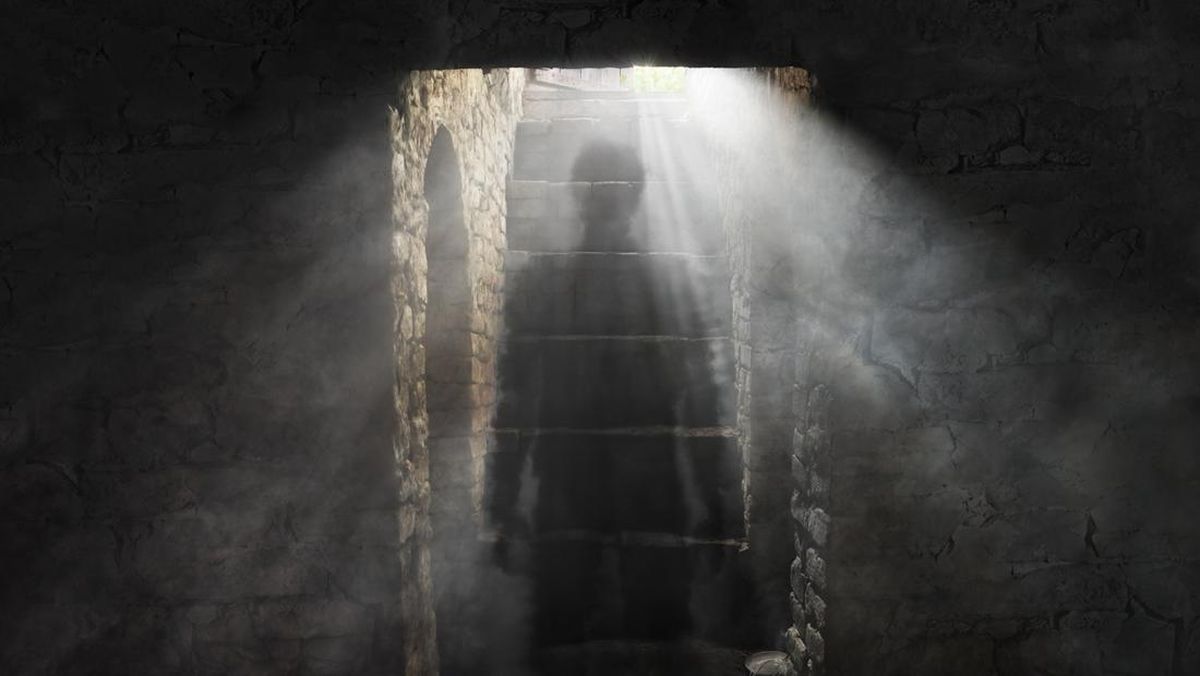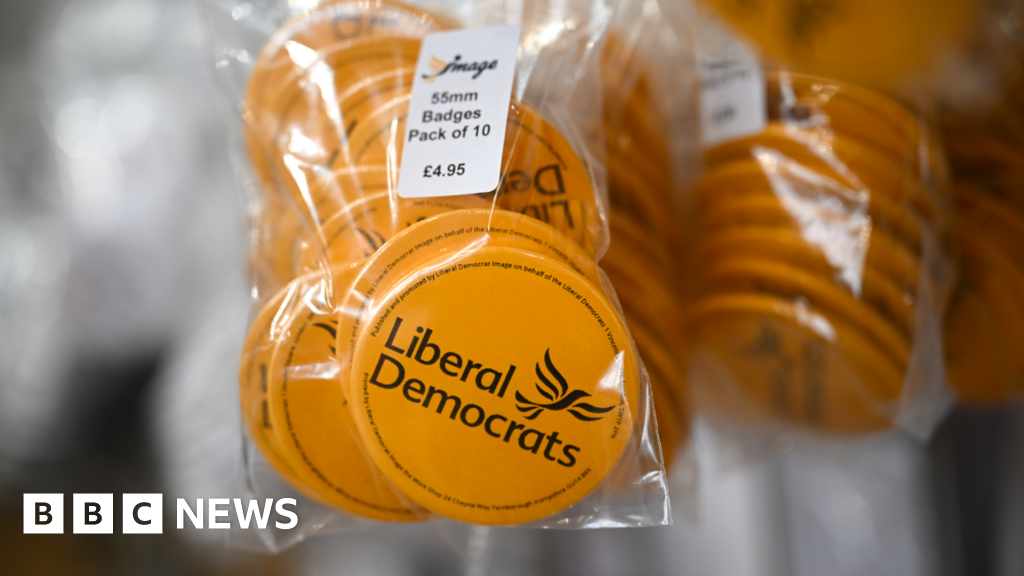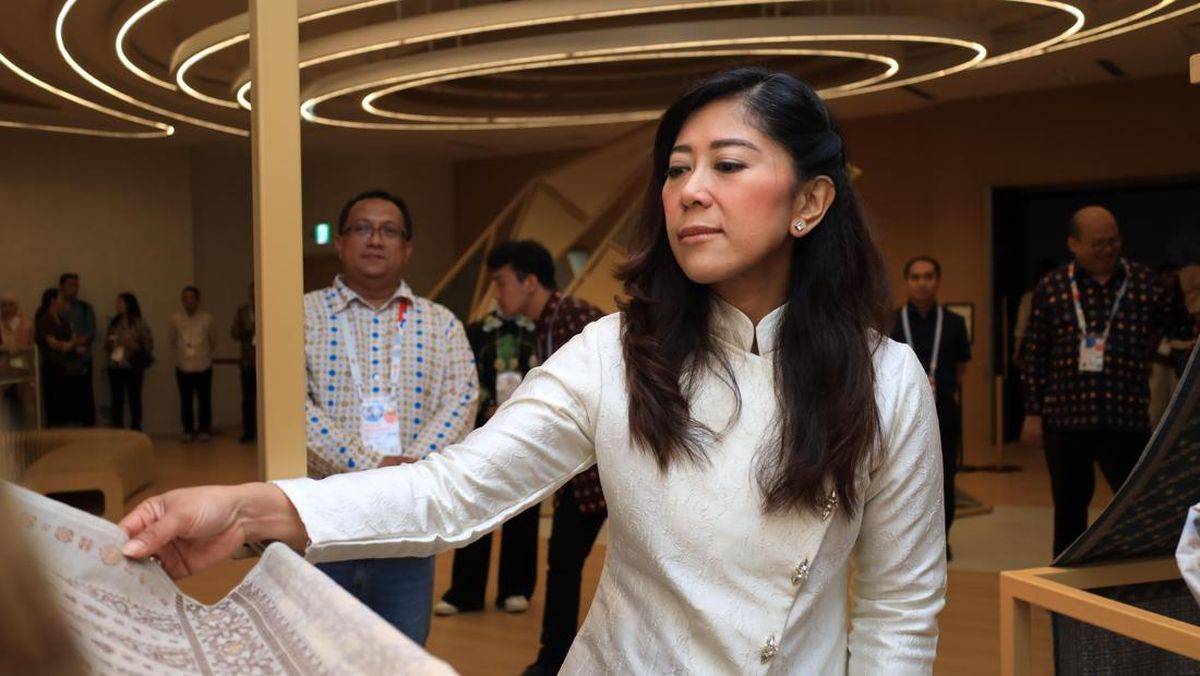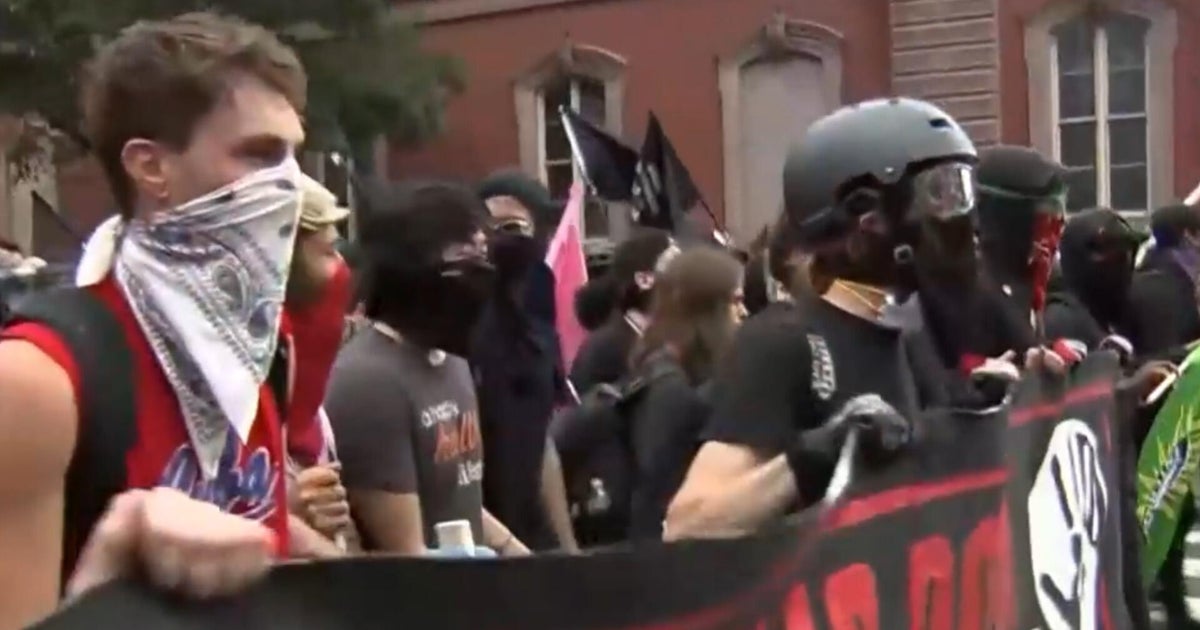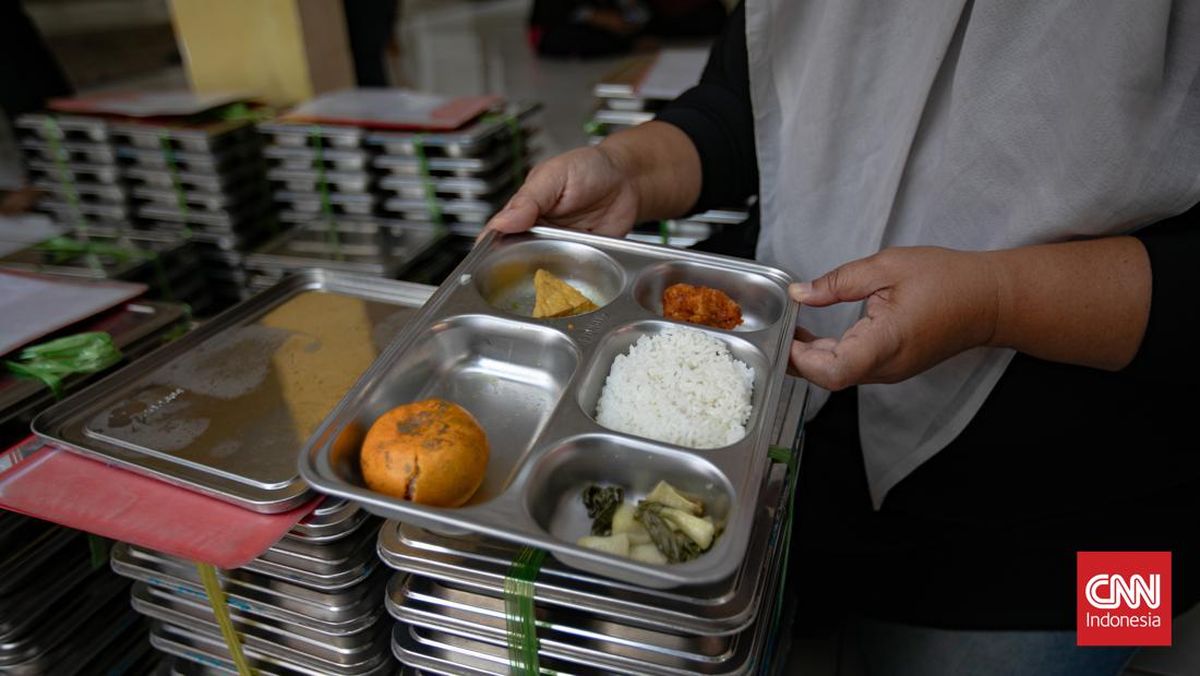The state’s top court has blocked a planned pro-Palestine march that was expected to result in tens of thousands of people descending on the Opera House forecourt on Sunday, after police warned the proposal had “disaster written all over it”.
In an urgent decision on Thursday morning, the Court of Appeal issued a prohibition order over the proposed march following an application by NSW Police to halt the rally, and delivered a warning that flouting the order might expose participants to punishment for contempt of court.

Pro-Palestine protesters outside the NSW Supreme Court in Sydney earlier this week.Credit: Janie Barrett
Justice Stephen Free, who presided over the proceedings with Chief Justice Andrew Bell and Justice Ian Harrison, read a summary of the decision in court.
“The holding of the public assembly … is prohibited,” Free said.
‘Extreme’ risk to public safety
He said the court “was unanimously of the view that given the size of the crowd likely to participate ... the public safety risk to participants and other members of the public is extreme”.
In its written decision, the court said there was a “real risk” organisers’ estimate of 40,000 protesters “will be exceeded, particularly having regard to the timing of the march, on approximately the second anniversary of the bombing of Gaza, the iconic nature of the proposed destination ... and the heightened attention” the march would receive as a result of the court case.
“[The] risks to public safety associated with the public assembly are so significant that it would be irresponsible to allow the public assembly to proceed, irrespective of the political significance of the event.”
The prohibition order exposes protesters to potential criminal sanctions if they forge ahead with the march.
Assistant Police Commissioner Peter McKenna told the court on Wednesday he had “significant concerns” about “ingress and egress” from the Opera House forecourt.
“It has disaster written all over it. We are not anti-protest. All the altruism in the world doesn’t assist when you have a physical situation where we believe numbers are far too excessive to keep people safe.” He said 40,000 to 100,000 people congregating at the site was “impractical”.
Contempt warning
Chief Justice Bell suggested during the hearing of the case on Wednesday that “anyone aware” of a prohibition order would be “in contempt of court” if they participated in a planned protest.
His comments appeared to mark a significant departure from previous decisions of single judges of the NSW Supreme Court, including Justice Belinda Rigg earlier this year.
Those decisions had been regarded as distinguishing a prohibition order from an outright ban.
Loading
Lawyers for the protest organisers, Palestine Action Group and Jews Against the Occupation, had argued a prohibition order was not a ban but simply removed a relatively narrow immunity given to protesters in authorised marches from criminal liability for acts such as blocking traffic.
In the protest organisers’ view, this would mean it was not a contempt of court to participate in a march because the prohibition order did not prevent that.
In her decision in August refusing a police application for a prohibition order over the historic pro-Palestine march across the Sydney Harbour Bridge, Rigg said the effect of a prohibition order “is not that the assembly would be prevented from taking place”.
“Rather, the consequence would be that the immunity ... would not apply,” Rigg said.
Bell took a different view during Wednesday’s hearing, and the Court of Appeal confirmed in its unanimous decision on Thursday that a prohibition order “operates to do precisely what the terms of the order suggest, namely to prohibit the holding of the proposed public assembly”.
It said that “breach of that order may render a person in contempt of court”, and this might “extend, in certain circumstances, to persons who were not parties to the proceedings in which the order was made”.
“It would be highly incongruous for the legislature to empower the court to make an order ‘prohibiting’ the holding of a public assembly, if the terms of that order did not accurately reflect the legal consequence of the order,” the court said.
“The better view is therefore that an order ... to prohibit the holding of a public assembly does more than simply deprive participants in a public assembly of the protection [given to protesters in authorised public assemblies].”
The Court of Appeal had originally been asked to decide if offences under Opera House by-laws which ban protests at the site fell within the limited immunity available to protesters if the march was authorised. The march would have been authorised if the prohibition order was not made.
Ultimately, the court did not consider this question because it became hypothetical in the context of its decision to ban the protest. This meant it also did not consider the protest organisers’ arguments that the by-laws fell foul of the implied freedom of political communication in the Commonwealth Constitution.
When is a protest ‘authorised’?
A protest is an “authorised public assembly” if organisers serve a notice on NSW Police at least seven days before the protest and:
- The Police Commissioner doesn’t oppose the protest; or
- It is not prohibited by a court.
In this case, notice was given of the protest on Friday. The court has now issued a prohibition order over the march.
When a protest is authorised, participants have a relatively narrow immunity from criminal liability for certain acts related to the protest, such as blocking traffic. This is not a licence to engage in criminal activity.
This immunity won’t be available to protesters in this case. The court has also warned that protesters with knowledge of the order who participated in the march may be in contempt of court.
Most Viewed in National
Loading

